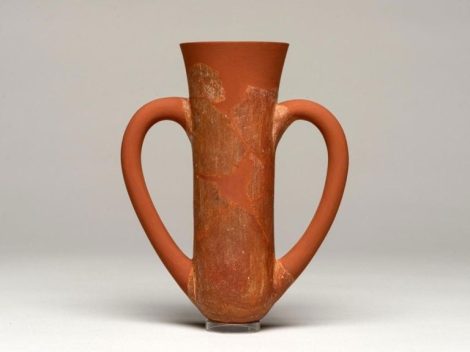It is no longer a secret that extra virgin olive oil is considered a "superfood" that can contribute to a longer life when consumed as part of a healthy diet, such as the Mediterranean diet, aiding in the prevention of certain diseases. In recent years, scientific studies specifically focusing on various forms of dementia and Alzheimer's have emphasized the significant role of extra virgin olive oil in preventing and slowing down the progression of some forms of dementia.
The latest study of 2023
Research conducted by Dr. Anne-Julie Tessier, a researcher at the Harvard T.H. Chan School of Public Health, has highlighted how the incorporation of olive oil into the diet could help reduce the risk of dying from dementia. Specifically, the results indicated that individuals who consumed more than half a tablespoon of olive oil per day had a 28% lower risk of dying from dementia compared to those who never or rarely consumed it. Moreover, replacing just one teaspoon of margarine and mayonnaise with an equivalent amount of olive oil per day was associated with a lower risk of 8-14% of dying from dementia. This result was made possible by oleuropein aglycone, a polyphenol present in high levels in quality extra virgin olive oil, which reduces the formation of amyloid deposits, a hallmark of Alzheimer's.

The new challenge of research
After the encouraging results of recent years, scientific research has set another goal: to demonstrate the reversibility of the disease through the constant use of extra virgin olive oil. Following the verification of the connection between consistent consumption of extra virgin olive oil and the improvement of cognitive functions, especially the slowing down of Alzheimer's progression, a team of researchers is conducting new studies to confirm if this holds true for individuals with signs of genetic predisposition. The study, a collaboration between Auburn University, Temple University, and Yale University, will be led by Dr. Amal Kaddoumi from Auburn University, Dr. Tassos C. Kyriakides from Yale University, and Dr. Praticò from Temple University. Participants will undergo daily consumption of extra virgin olive oil for a duration of 6 months, after which changes in levels of antioxidant and anti-inflammatory metabolites, cholesterol, triglycerides, and mRNA involved in inflammation and oxidative stress will be measured. If these values show signs of improvement, the hypothesis that the green gold protects against these forms of dementia will be further supported. The clinical study has already been approved by the Institutional Review Board of Auburn University and is expected to be completed by the end of 2024.


 US tariffs: here are the Italian wines most at risk, from Pinot Grigio to Chianti Classico
US tariffs: here are the Italian wines most at risk, from Pinot Grigio to Chianti Classico "With U.S. tariffs, buffalo mozzarella will cost almost double. We're ruined." The outburst of an Italian chef in Miami
"With U.S. tariffs, buffalo mozzarella will cost almost double. We're ruined." The outburst of an Italian chef in Miami "With US tariffs, extremely high risk for Italian wine: strike deals with buyers immediately to absorb extra costs." UIV’s proposal
"With US tariffs, extremely high risk for Italian wine: strike deals with buyers immediately to absorb extra costs." UIV’s proposal Meloni: "Tariffs? If necessary, there will be consequences. Heavy impact on agri-food sector"
Meloni: "Tariffs? If necessary, there will be consequences. Heavy impact on agri-food sector" The Government honours the greats of Italian cuisine, from Bottura to Pepe. Massari: "Thank you, Meloni, the only one who listened to us"
The Government honours the greats of Italian cuisine, from Bottura to Pepe. Massari: "Thank you, Meloni, the only one who listened to us"






